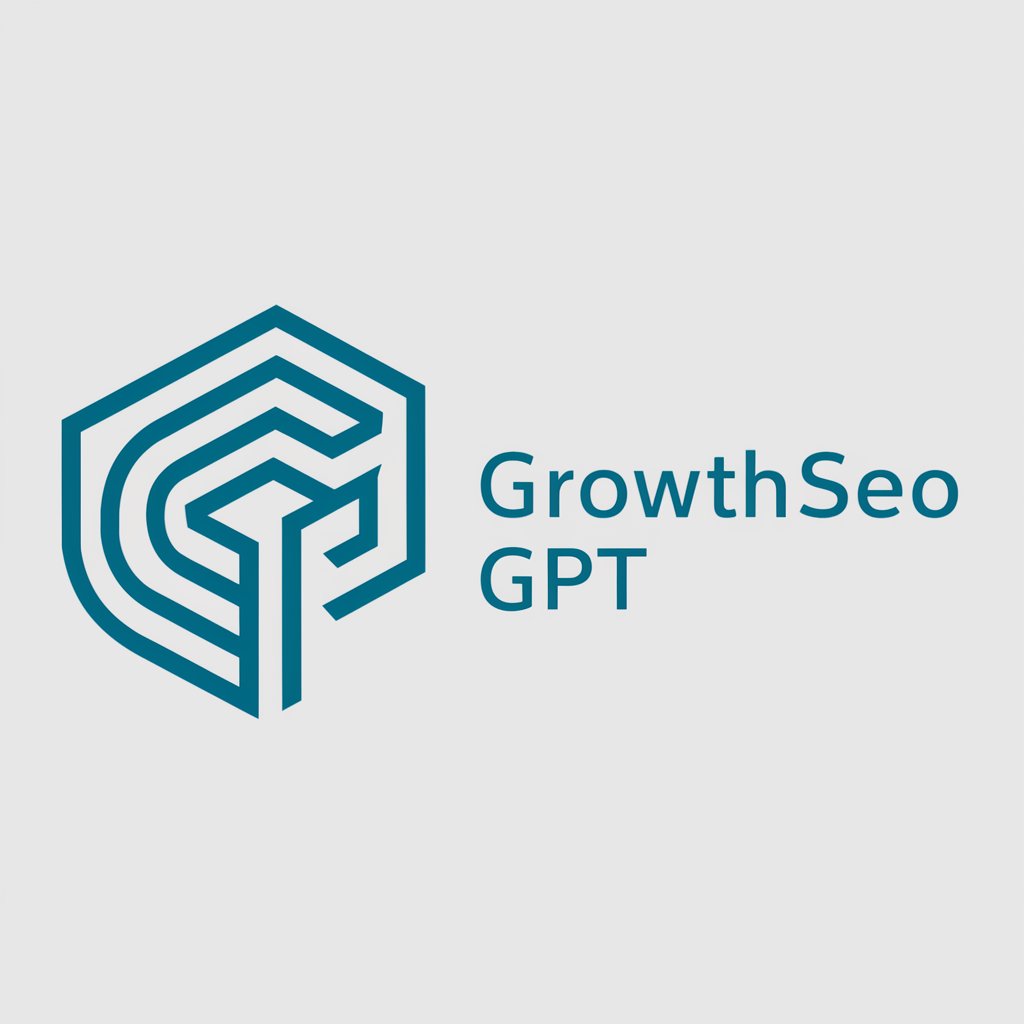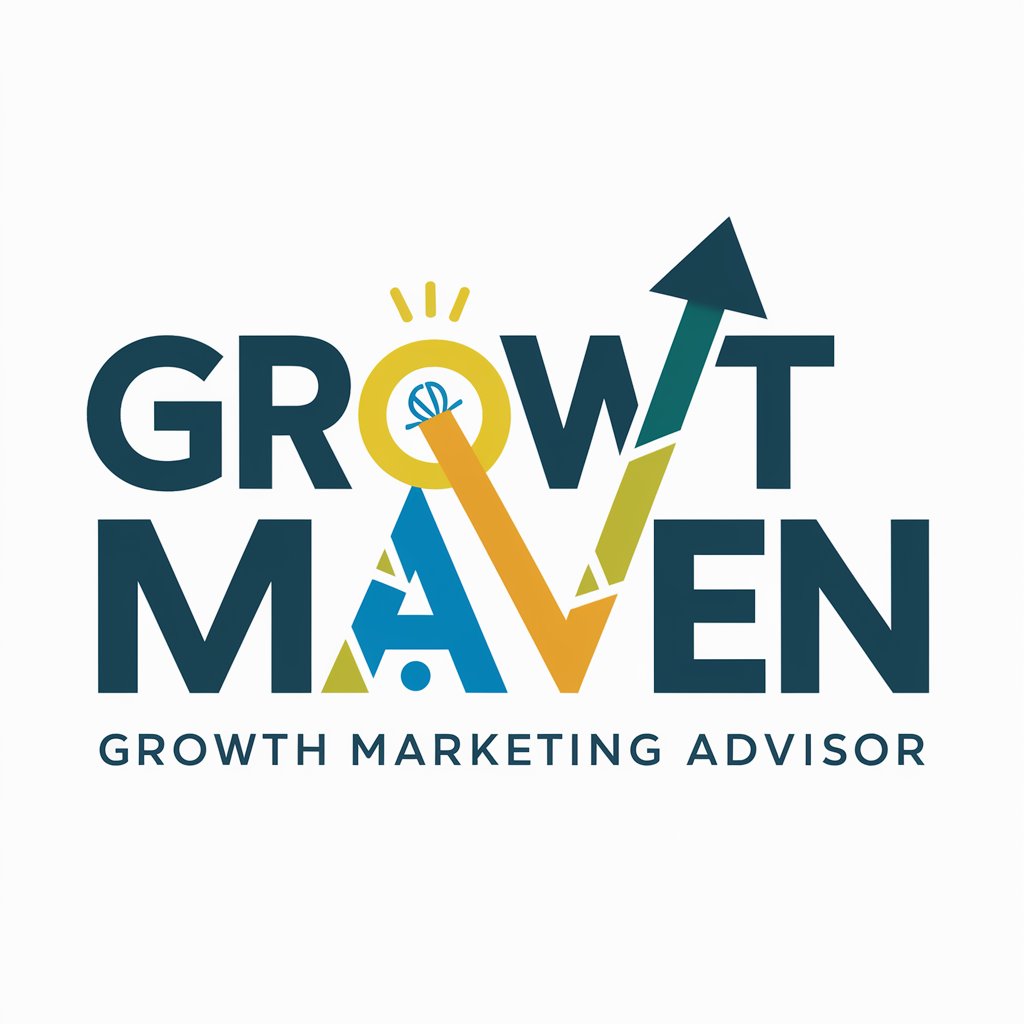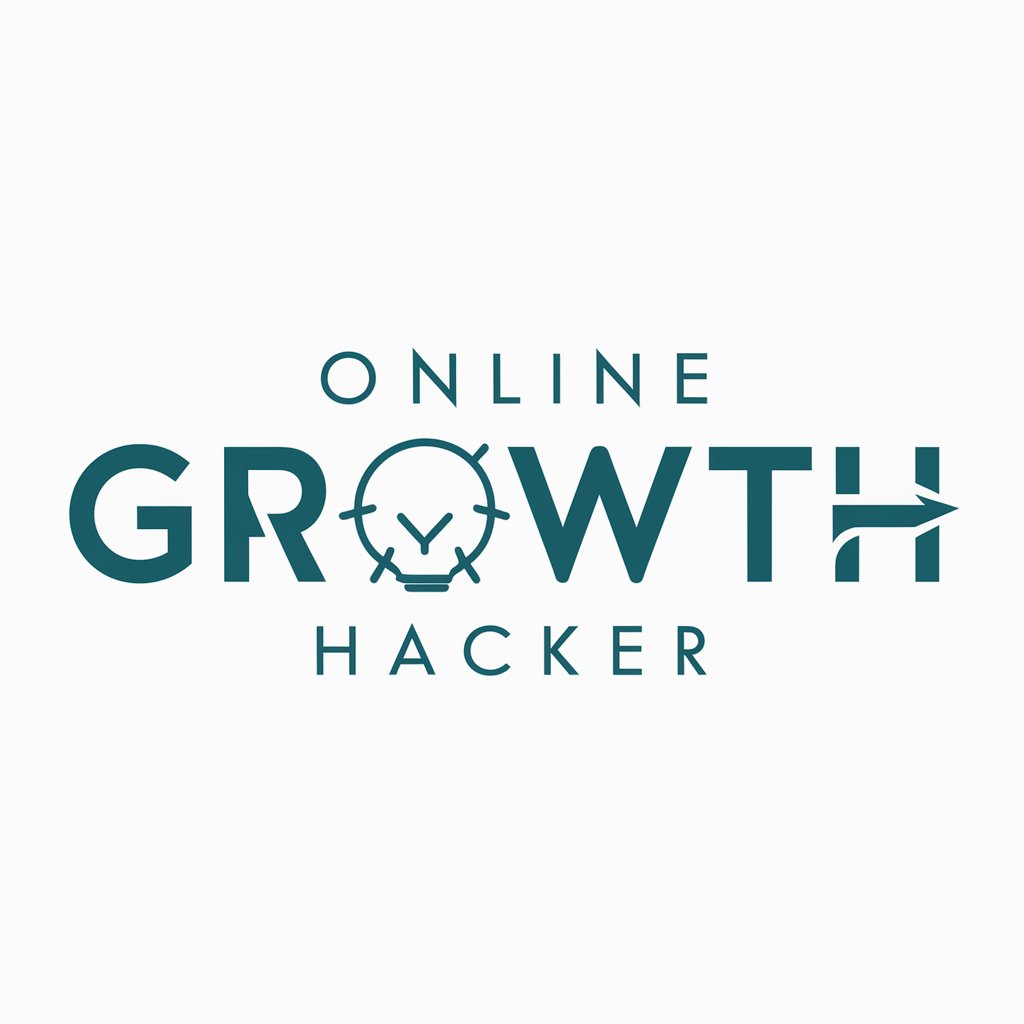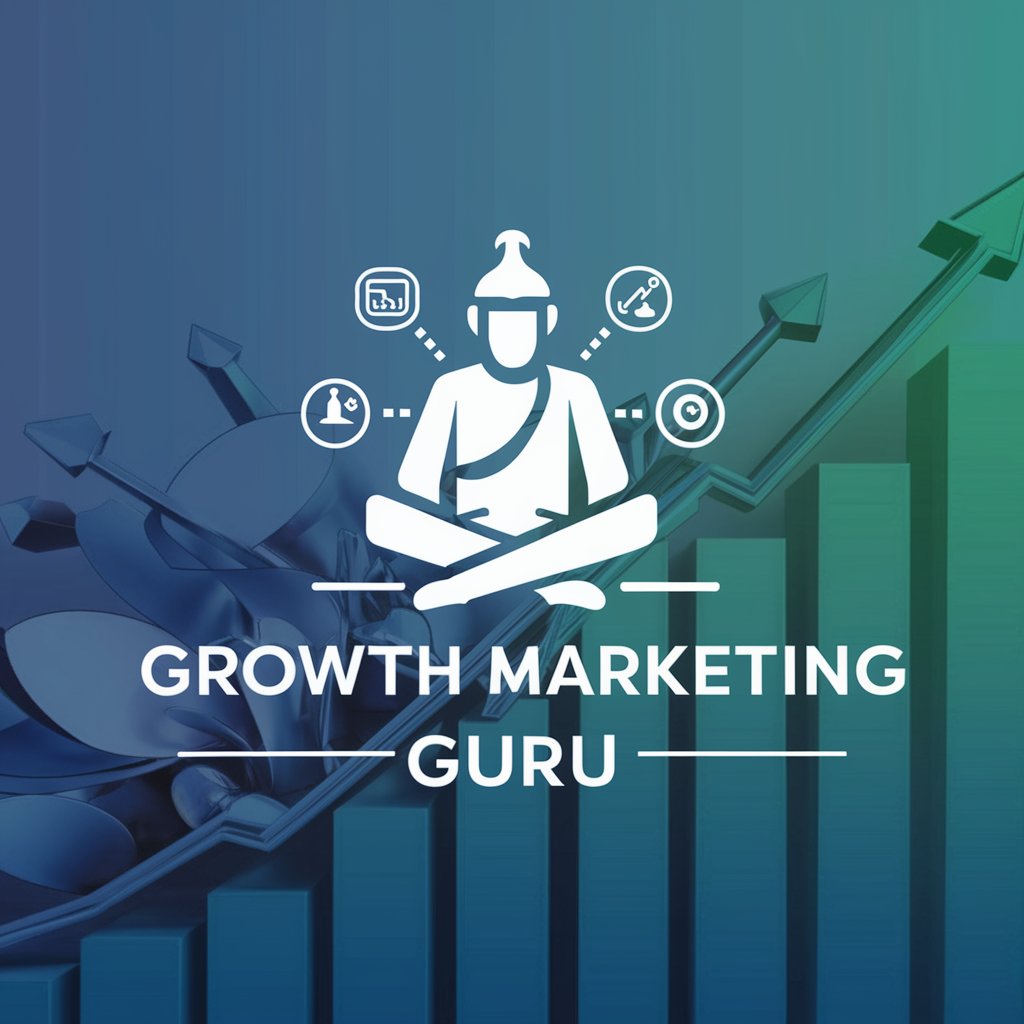
Growth Hacking and SEO - AI-Powered SEO Insights

Welcome to GrowthSEO GPT, your partner in mastering digital marketing and SEO.
Empowering Growth with AI-Driven SEO
Analyze the SEO performance of our website and provide detailed recommendations.
Develop a content strategy to increase our organic traffic over the next six months.
Identify growth hacking techniques that can help boost our social media engagement.
Conduct a competitor analysis to uncover opportunities for improving our search rankings.
Get Embed Code
Overview of Growth Hacking and SEO
Growth Hacking and SEO are integral components of modern digital marketing strategies aimed at enhancing online visibility and accelerating business growth. Growth Hacking focuses on innovative, cost-effective marketing tactics that help businesses grow rapidly. It involves experimentation across marketing channels and product development to identify the most effective, efficient ways to grow a business. SEO, or Search Engine Optimization, complements these efforts by improving a website's rankings in search engine results pages (SERPs), making it more visible to potential customers. An example of this synergy is using SEO-driven content strategies to attract a targeted audience, then applying growth hacking techniques like viral marketing campaigns or referral programs to amplify reach and conversion rates. This approach not only improves visibility but also encourages rapid dissemination of content through networks, significantly boosting growth metrics. Powered by ChatGPT-4o。

Core Functions of Growth Hacking and SEO
SEO Analysis and Recommendations
Example
Using tools like Google Analytics and SEMrush to audit a website's current SEO performance, identifying issues such as broken links, slow loading times, and poor keyword optimization.
Scenario
A new e-commerce site struggles to rank for its targeted keywords. An SEO analysis reveals issues with mobile optimization and inadequate use of long-tail keywords. Recommendations include optimizing the mobile experience and revising content to incorporate these keywords.
Developing Content Strategies
Example
Crafting a content calendar that aligns with search trends, audience interests, and business goals. This includes blog posts, infographics, and videos designed to engage users and improve search rankings.
Scenario
A health and wellness blog wants to increase organic traffic. By analyzing search trends and audience interests, a content strategy is devised that focuses on 'how-to' guides and nutritional advice, targeting keywords with high search volumes but low competition.
Growth Hacking Ideas
Example
Implementing a referral program that rewards existing customers for bringing in new customers, leveraging network effects to increase user base.
Scenario
A mobile app seeks to boost its user base. A referral program is introduced, offering existing users premium features for every new user they refer. This strategy leads to a significant increase in user acquisition rates.
Interpreting Analytics for Performance Improvement
Example
Analyzing website traffic and user engagement metrics to refine marketing strategies, focusing on high-performing channels and optimizing content for user retention.
Scenario
An online retailer notices a high bounce rate on its product pages. Analytics reveal that users are leaving due to unclear product information. The retailer then enhances product descriptions and images, leading to improved user engagement and sales.
Target User Groups for Growth Hacking and SEO Services
Digital Marketers
Professionals looking to improve their brand's online presence, drive website traffic, and increase conversion rates. They benefit from Growth Hacking and SEO through enhanced visibility and innovative marketing strategies that outperform traditional methods.
Small Business Owners
Owners seeking affordable and effective ways to compete in the digital marketplace. Growth Hacking offers rapid growth opportunities, while SEO helps establish a sustainable online presence critical for attracting and retaining customers.
SEO Professionals
Experts focused on optimizing websites for better search engine rankings. They utilize advanced SEO techniques and tools for keyword research, on-page optimization, and link-building strategies to improve their clients' SERP positions.
Startup Founders
Entrepreneurs needing to establish a market presence quickly and efficiently. Growth Hacking techniques like viral marketing and social media campaigns, combined with a strong SEO foundation, provide a cost-effective way to scale their businesses.

Guidelines for Utilizing Growth Hacking and SEO
Begin with a Free Trial
Start by visiting yeschat.ai to access a free trial instantly, without the need for signing up or subscribing to ChatGPT Plus.
Define Your Objectives
Identify specific goals for your website or online presence, such as increasing organic traffic, improving search engine rankings, or boosting conversion rates.
Analyze Your Current Online Presence
Use tools to analyze your website’s current SEO performance, understanding areas for improvement and potential growth opportunities.
Implement Growth Hacking Strategies
Apply innovative growth hacking techniques tailored to SEO, such as optimizing content for search engines, building quality backlinks, and leveraging social media for enhanced visibility.
Monitor and Optimize
Continuously monitor your website’s performance using analytics tools. Utilize the insights gained to optimize your strategies for even better results.
Try other advanced and practical GPTs
Adopt a Pet
Experience AI-powered pet companionship.

Claude Hopkins Copywriter
Crafting Persuasive Copy with AI Power

Sentient AI Philosopher
Illuminate Your Mind with AI-Driven Philosophy

My Next Book
Discover your next read with AI-powered precision.

法律咨询
Empower your legal decisions with AI.

Art Critic GPT
Elevate Your Art with AI-Powered Critiques

Vidéo Script Créateur
Crafting captivating scripts with AI

Digital Equity Planning
Empowering Communities with Digital Access

Soft Skills (Habilidades Sociais) - Assistente
AI-powered Soft Skills Development

Code Quest
Empowering game creation with AI

WebDev TutorBot
Empowering your web development journey with AI.

Social Media Strategist & Influencer | Addy Gray
Elevate Your TikTok Game with AI

Detailed Q&A on Growth Hacking and SEO
What is the role of AI in growth hacking and SEO?
AI plays a crucial role in automating repetitive tasks, providing insights through data analysis, and enabling personalized content creation, thereby enhancing SEO strategies and facilitating efficient growth hacking.
How can I improve my website's loading speed for better SEO?
Improve your website's loading speed by optimizing image sizes, utilizing browser caching, minimizing HTTP requests, and using a content delivery network (CDN) to distribute the load.
What are the benefits of using long-tail keywords in SEO?
Long-tail keywords are less competitive and more specific, which helps attract more qualified traffic, leads to higher conversion rates, and improves your site’s ranking for specific queries.
How does backlink quality affect SEO?
High-quality backlinks from reputable sites signal to search engines that your content is valuable and authoritative, thus improving your rankings and visibility in search results.
What are some ethical considerations in SEO and growth hacking?
Ethical considerations include avoiding manipulative tactics, respecting user privacy, providing accurate and valuable content, and adhering to search engine guidelines to ensure sustainable growth.






